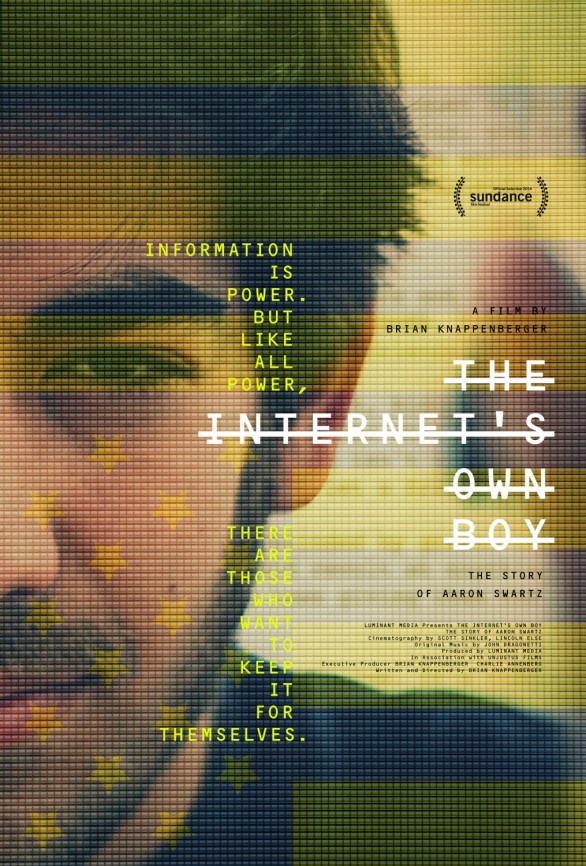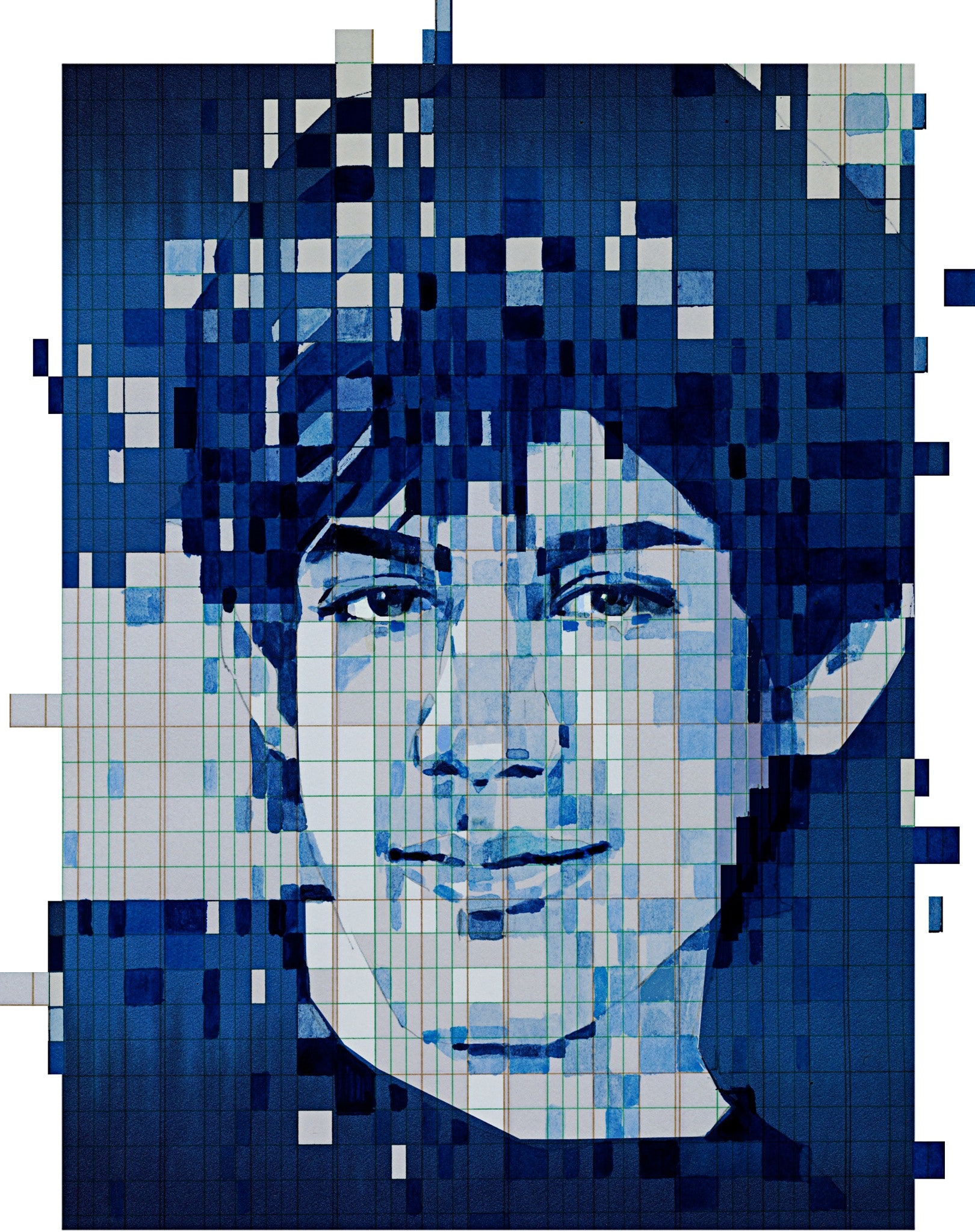Who is Aaron Swartz?
Aaron Swartz (November, 1986 - January, 2013) was an American computer programmar, entrepreneur, writer, political activist and Internet hacktivist.[1] Swartz was arrested on charges of breaking and entering after he wrote a script to auto-download academic journal articles from JSTOR. He connected to the MIT network using a guest account provided by MIT. Facing a severe cumulative penalty of $1 million in fines and a possible 35-year prison sentence, Swartz declined a plea bargain and took his own life in 2013 at the age of 26. Following his death, he was posthumously inducted into the Internet Hall of Fame, for his technical contributions and his unwavering dedication to making the Internet a tool for empowerment and democratic engagement.
The Internet's Own Boy: The Story of Aaron Swartz

Swartz exhibited an early proficiency in technology. By the age of 14, he co-authored the RSS 1.0 web syndication standard. He later helped develop the technical architecture for Creative Commons, an organization dedicated to creating copyright licenses. He also played a crucial role in developing the web.py web application framework and shaping the architecture of Reddit, one of the world's most visited websites.
After Reddit was sold to Condé Nast, Aaron Swartz, then only 19, became affluent. However, instead of solely pursuing monetary gains, he shifted his focus to political causes realizing that there were real serious fundamental problems that he can do something to address; and he didn’t see a way to not to[2].
Swartz was deeply involved in advocating for free and open access to information. Aaron believed that information is power. But like all power, there are those who want to keep it for themselves. The world's entire scientific and cultural heritage, published over centuries in books and journals, is increasingly being digitized and locked up by a handful of private corporations[3].
One of Swartz's most significant endeavors was his involvement in the campaign against the Stop Online Piracy Act (SOPA) and the Protect IP Act (PIPA) in 2012. He played a pivotal role in mobilizing online protests against these bills, which were widely criticized for their potential to stifle internet freedom and innovation.

However, Swartz's commitment to open access put him in a legal quandary in 2011 when he downloaded a massive volume of academic articles from JSTOR with the intention of distributing them freely. This act resulted in federal charges, leading to immense legal and financial strain that pushed him into death.
His death sparked a broader conversation about the U.S. legal system, prosecutorial discretion, and the need for reform in the realm of intellectual property and access to knowledge. Aaron Swartz's legacy endures through his advocacy for a free and open internet, his contributions to online communities, and his enduring impact on the fight for digital rights and information accessibility.
Looking back...
Aaron Swartz’s untimely demise in 2013 sparked extensive conversations on open access ethics. I firmly believe that the Internet's essence is in sharing ideas. Reflecting on Aaron Swartz's ordeal, I am confronted with the unsettling reality that with the creations of countless brilliant individuals held hostage behind paywalls, it is hard to argue against the ethical foundation of Swartz's actions. Using the law to combat criminal enterprises is one thing, but prosecuting a young idealist, who is intent on bettering the world, is another. It also raised the question of whether existing laws, passed centuries ago, are suitable for addressing cyber-related activities and whether the judicial system is keeping pace with technological advances. Nonetheless, Swartz's profound impact on the digital realm and his dedication to online liberty have forged an enduring legacy. His life story continues to motivate many to campaign for reforms, especially in areas like open access to scholarly content and the judicious application of cyber laws.
[1] "Aaron Swartz," Wikipedia, https://en.wikipedia.org/wiki/Aaron_Swartz
[2] The Internet's Own Boy: The Story of Aaron Swartz, Directed by Brian Knappenberger, 2014
[3] Guerilla Open Access Manifesto, Aaron Swartz, https://archive.org/details/GuerillaOpenAccessManifesto